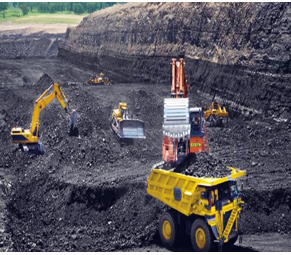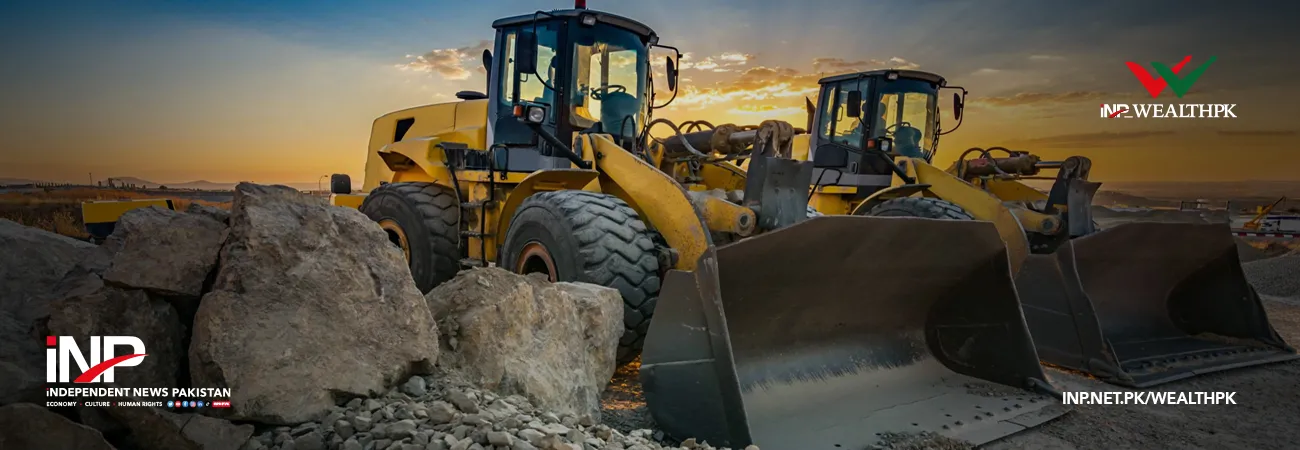INP-WealthPk
Moaaz Manzoor
Pakistan’s marble and granite industry is experiencing a gradual improvement, as data shows that mining efficiency has improved and new investment continues to flow into the sector. Official records indicate that the shift toward mechanised mining has reduced wastage from approximately 85% to nearly 45%, while attracting Rs1.16 billion in combined public and private investment in recent years.

According to documents available with Wealth Pakistan, Pakistan Stone Development Company (PASDEC) has played a central role in supporting the transition to modern quarrying methods and improving product quality. The move toward extracting standardised “square blocks” has enhanced Pakistan’s ability to meet export requirements, particularly in markets such as China, Korea, and Italy.
The documents reveal that PASDEC has assisted 135 mines across the country in adopting mechanised techniques, helping improve extraction efficiency and reduce waste. Partnerships with donor agencies, provincial mineral departments, and international organisations have attracted Rs1.16 billion in investment, supporting machinery pools, skill-building programmes, and technology upgrades.
Pakistan holds an estimated 30 billion tonnes of marble and granite reserves spread across Khyber Pakhtunkhwa, Balochistan, Sindh, Punjab, Gilgit-Baltistan, and Azad Jammu and Kashmir. Despite these resources, the country’s global share remains small — around 1% in marble and 0.06% in granite exports. Over the past five years, exports have averaged about $37 million annually, mostly in raw form.
Efforts to locally manufacture quarrying machinery, in collaboration with the Pakistan Machine Tool Factory, are another area of progress. The initiative aims to reduce dependence on imported equipment, lower operational costs, and strengthen domestic engineering capacity.
The modernisation drive has also contributed to job creation, generating more than 800 technical and non-technical positions, both directly and indirectly. In several less-developed districts, including the recently merged areas of former Fata, project activities have provided alternative sources of income and business opportunities.
Financial data show that PASDEC has operated without public sector development funding since 2014, generating Rs1.074 billion in income over the past decade. Around Rs1 billion in subsidies has been extended to miners to promote the adoption of mechanised quarrying.
Plans outlined in the documents include operationalising new units at Marble City Risalpur, developing a similar industrial zone in Loralai, and phasing out blasting by 2030. The company also plans to promote public-private partnerships and attract foreign investment through feasibility studies for marble and granite clusters across key provinces.
If effectively implemented, these initiatives could help Pakistan’s stone sector move toward higher value addition and sustainable exports — a necessary shift for one of the country’s most resource-rich but underperforming industries.
Credit: INP-WealthPk









